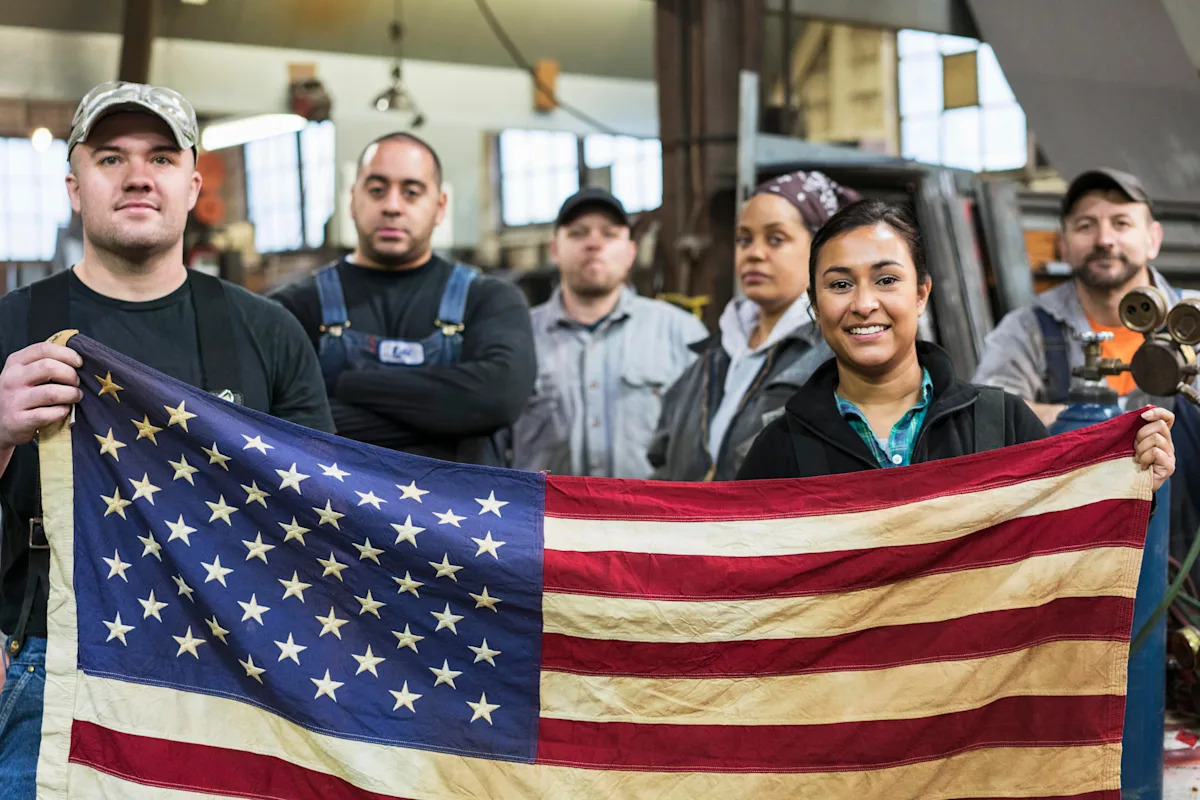Reshoring Revolution: How U.S. Companies Are Betting Big on Domestic Manufacturing

In a bold push to revitalize American manufacturing, President Trump has been championing the return of industrial production to U.S. soil. Several major companies are now answering the call, making significant investments in domestic factories that promise to reshape the economic landscape.
The movement goes beyond political rhetoric, with corporations recognizing the strategic advantages of bringing production back home. Companies are discovering that domestic manufacturing offers more than just patriotic appeal—it provides greater quality control, shorter supply chains, and increased flexibility in a rapidly changing global market.
From tech giants to automotive manufacturers, businesses are committing substantial resources to build and expand factories across the United States. These investments not only create jobs but also signal a potential renaissance for American industrial capabilities. By prioritizing local production, these companies are demonstrating a renewed commitment to the American workforce and economic resilience.
The trend represents more than an economic strategy; it's a transformative approach to rebuilding America's manufacturing prowess. As more corporations follow suit, the vision of a reinvigorated domestic manufacturing sector moves closer to reality, promising opportunities for workers and a more robust economic future.
